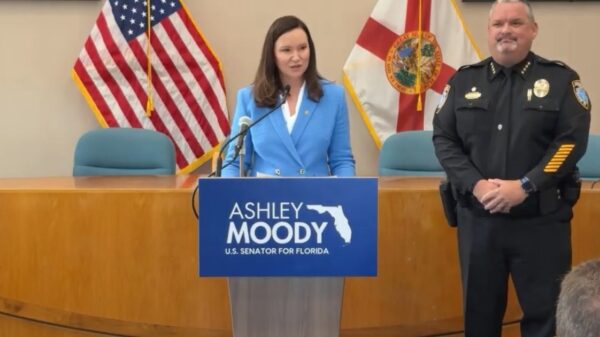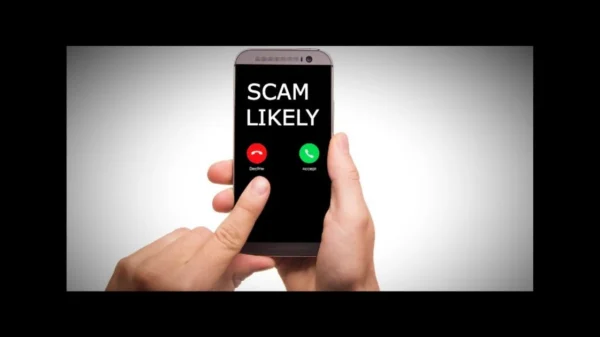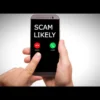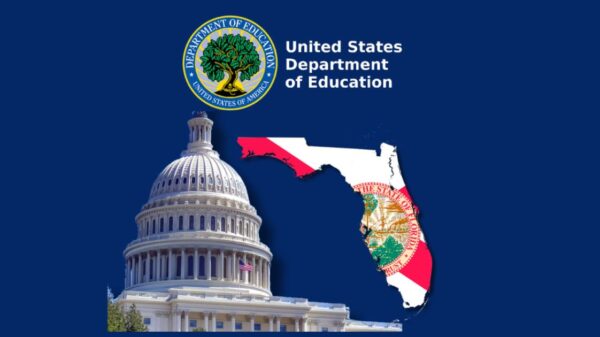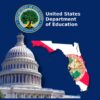At the end of last week, Florida Attorney General Ashley Moody released a Hurricane Preparedness Guide in advance of this year’s Atlantic Hurricane Season that begins June 1.
The Florida Attorney General’s Hurricane Preparedness Guide is a resource that provides current information about major storm events, how to prepare homes for a hurricane strike and avoiding scams in the aftermath of destruction. Following a record-breaking season last year, with 30 named storms, Moody is encouraging Floridians to make preparations now and to have a plan in place.
“Preparing for hurricanes and dealing with the aftermath of a major storm is an unfortunate reality of living in Florida. If you are new to our great state, or need to update your family’s plan, the 2021 Hurricane Preparedness Guide is a great resource of information. The guide includes hurricane safety tips, as well as information about how to avoid being swindled after a storm. The safety of your family, pets and property depends on preparations you make now—before disaster strikes,” Moody said.
The National Oceanic and Atmospheric Administration is predicting the 2021 Atlantic Hurricane Season to be active with 13 to 20 named storms developing—with six to 10 of those storms becoming hurricanes. Beginning with the 2021 season, NOAA’s Climate Prediction Center will use 1991-2020 as the new 30-year period of record, with the average number of storms per season increasing to 14 named storms and seven hurricanes. Last year’s record-breaking season saw 30 named storms, 13 of which were hurricanes with six becoming major hurricanes.
The 2021 Hurricane Preparedness Guide provides Floridians with information on tropical storms and hurricanes, how to prepare for incoming storms, making a household emergency plan and tips for avoiding scams after the storm.
Below are some important hurricane preparedness tips from the guide:
- Know evacuation routes and shelter locations;
- Stock up on enough food, water and emergency supplies for three to seven days;
- Verify that storm-related products are hurricane-proof or impact-proof before purchasing;
- After the storm, be wary of contractors who solicit door-to-door, quote extremely low prices for repairs, demand large upfront payments with no date to return to do work, offer to perform repairs at a discount with leftover supplies from another job; and
- Research recovery charities before giving. As solicitations increase following a disaster, so do charity scams designed to profit off the goodwill of others.
Price gouging is one of the most common consumer complaints reported during hurricane season. Florida’s price gouging laws are designed to protect consumers from becoming victims before or after a disaster. Throughout a declared state of emergency, it is unlawful to sell essential commodities for an amount that grossly exceeds the average price for that commodity during the 30 days before the declaration.
During a declared state of emergency, the Florida Attorney General’s Office activates the state’s price gouging hotline to receive reports of excessive price increases. The Attorney General’s Rapid Response Team also works with businesses and consumers in real time to stop potentially unlawful price increases to ensure Floridians can afford essential storm-related commodities when needed most. Consumers should plan ahead to prepare for a storm and stay mindful of essential products and prices.









